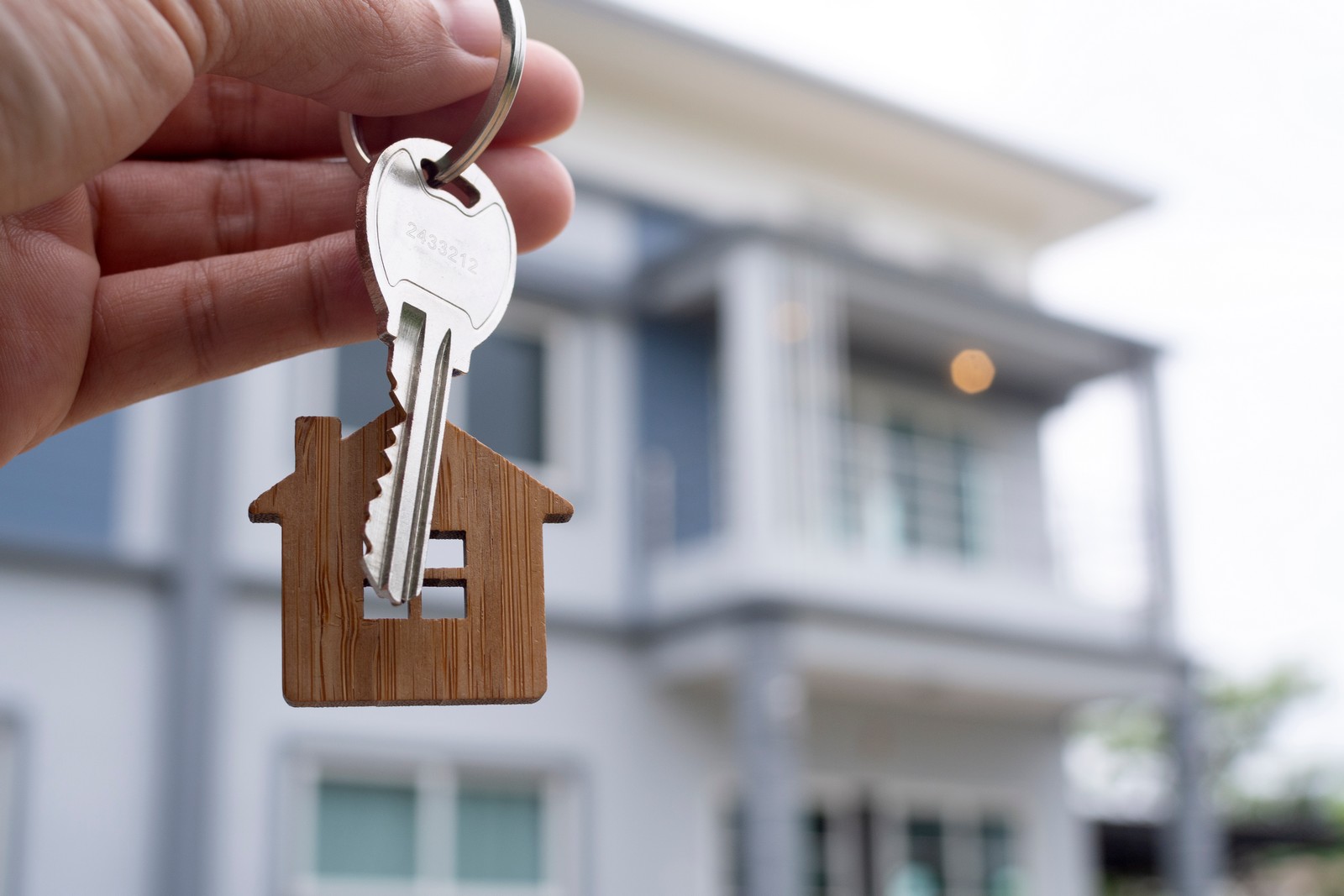Purchasing an investment property might be a smart fiscal move. If done correctly, you can earn a high rate of return through passive income, tax benefits, and capital gains. However, a high rate of return on your investment is not a guarantee—you must think strategically when selecting and acquiring your investment property, and you must follow both market trends and basic investment standards to determine whether your investment is a success.
Consider the following points before browsing or purchasing:
Location
The location of your purchase will influence the type of renters you attract and your vacancy rate. If you purchase near a university, students will likely dominate your pool of prospective tenants, and you may struggle to fill vacancies each summer. Instead, a property near an intermediate school can attract long term and respectful tenants who are more likely to pay their rent on time.
Taxation of real estate
Property taxes will almost certainly vary significantly across your chosen area, and you’ll want to know how much money you’ll be losing. High property taxes are not always a bad thing—they might be beneficial in a desirable neighbourhood that draws long-term tenants, for example—but there are also undesirable areas with high property taxes.
The council’s assessment office should have all tax information on file, or you can speak with local homeowners. Make certain to ascertain whether property tax increases are likely in the near future. In times of financial difficulty, the government may increase taxes much beyond what a landlord can demand in rent.
Education
If you’re dealing with family-sized homes, consider the quality of the area schools. While you’re primarily concerned with monthly cash flow, the overall worth of your rental property comes into play when it’s time to sell. If there are no good schools nearby, the value of your investment may suffer.
Amenities
Take a walking tour of the neighbourhood and take note of the parks, restaurants, gyms, movie theatres, and public transportation connections, as well as all the other amenities that attract tenants. Town Hall may provide promotional literature that can help you determine the optimum location for a mix of public amenities and private property.
Area security
Nobody wants to live next to a crime hotspot. Neighbourhood crime statistics should be available from the local police or public library. Check vandalism and major and petty crime rates, and don’t forget to record whether criminal activity is increasing or decreasing. Additionally, you may like to enquire about the frequency of police presence in your neighbourhood.
Opportunities for advancement
The local council department will have information on existing developments or plans for the region. If a lot of building is taking place, the location is definitely a promising growth area. Keep an eye out for new developments that may have an adverse effect on the value of adjacent properties. On top of that, additional new housing may compete with your property.
Listings & Vacancies
If a neighbourhood has an exceptionally large number of listings, this could indicate either a seasonal cycle or a neighbourhood in decline—you must determine which is the case. In either instance, landlords are forced to reduce rents in order to attract tenants. Landlords can increase rents due to low vacancy rates.
Rents on an average
Rental revenue will be your primary source of income when investing, therefore you should be familiar with the area’s average rent. Verify that any home you are considering can command a sufficient rental income to cover your mortgage payment, taxes, and other expenditures. Conduct sufficient research on the area to determine its potential direction over the following five years. If you can afford the region now but taxes are likely to rise in the future, purchasing an affordable property now may result in bankruptcy later.
Natural Disasters
Insurance is another expense you will have to subtract from your returns, so you need to know just how much it’s going to cost you. If you live in an earthquake- or flood-prone area, insurance costs might eat into your rental revenue.
Our broker has been in the mortgage industry for over a decade now and has helped many kiwis climb the property ladder, if you are ready to jump in and invest in your future, contact us for a free consultation to get things going.


